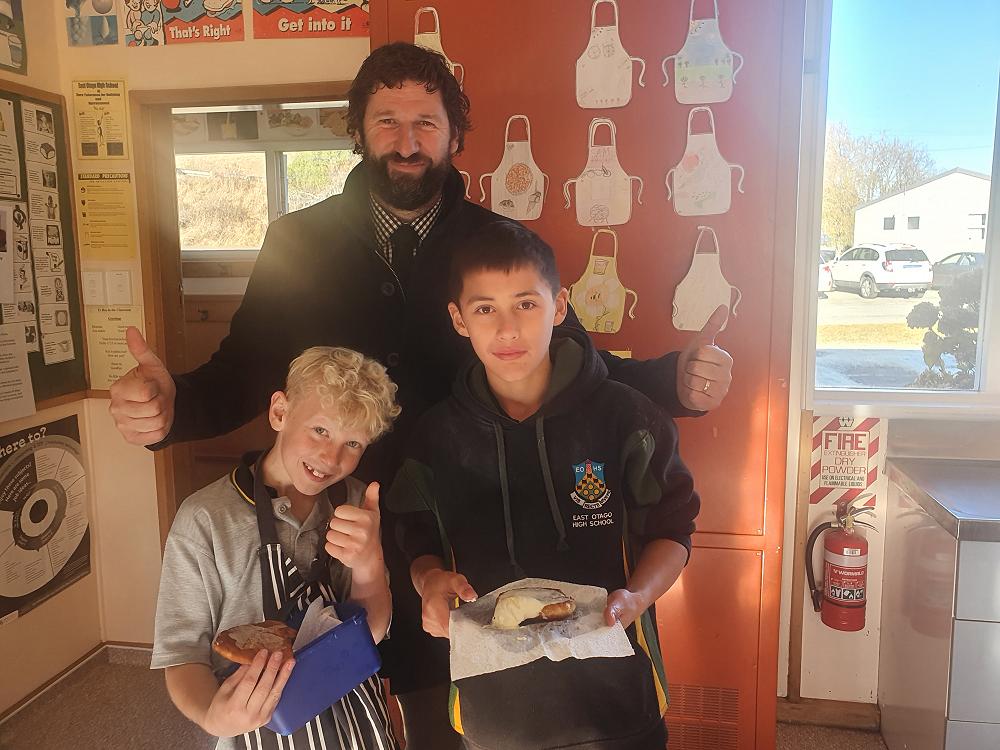
Principal's Comment 22nd June 2022
Nau mai haere mai!
This week we are celebrating Matariki as a public holiday for the first time. While it is great to have another long weekend it is also important to understand the reasons behind this. Teachers have been using this week to explore what Matariki means and bringing small aspects into our learning across curriculum.
There are three aspects to Matariki.
Matariki Hunga Nui means the many people of Matariki. It speaks to how Matariki calls people to gather together to remember and honour those we have lost since the last rising of Matariki.
The reappearance of Matariki in the morning sky during mid-winter coincided with a traditional ceremony called ‘whāngai i te hautapu.’ During this ceremony food was cooked and offered to the different whetū (stars) of Matariki while karakia (incantations) were conducted.
The first part of this ceremony was dedicated to the dead and honouring those who had passed since the last rising of Matariki. The names of the dead were called out during the ceremony and people would weep for their loved ones. Matariki is said to carry the dead across the night sky throughout the year, and when the names of deceased are called out, Māori believe the spirits of the dead become stars in the sky.
Matariki Ahunga Nui talks to the great food piles of Matariki. Communities and whānau would gather to give thanks for all the blessings of the past year, and reconnect with one another. Kai and feasting are central elements in Matariki, and people would share the fruits of the harvest. Other forms of celebration included music, dance, art and spending time together.
Matariki Manako Nui refers to wishes and desires. Māori would send their hopes and dreams into the stars during Matariki. This was a period for learning, sharing, discussion and decision making. One of the key points of discussion during Matariki was the environment, especially the health of the environment. Many wishes of the ancestors were connected to wellbeing of people and the taiao (environment). Māori understood that lives depended on maintaining a strong connection to the physical world and caring for nature.
On Thursday students are encouraged to bring along a plate of food from their culture to share at lunchtime. We have a diverse range of cultures at our school with each one just as important as the other. After this shared lunch the student leaders will be running some Maori games such as Ki-o-Rahi for all students to run off the kai but more importantly to connect with one another in a fun and inclusive environment.
Have a great Matariki with your family over the long weekend.
Nga mihi nui
Marcus Cooper
Principal (Tumuaki)
East Otago High School
